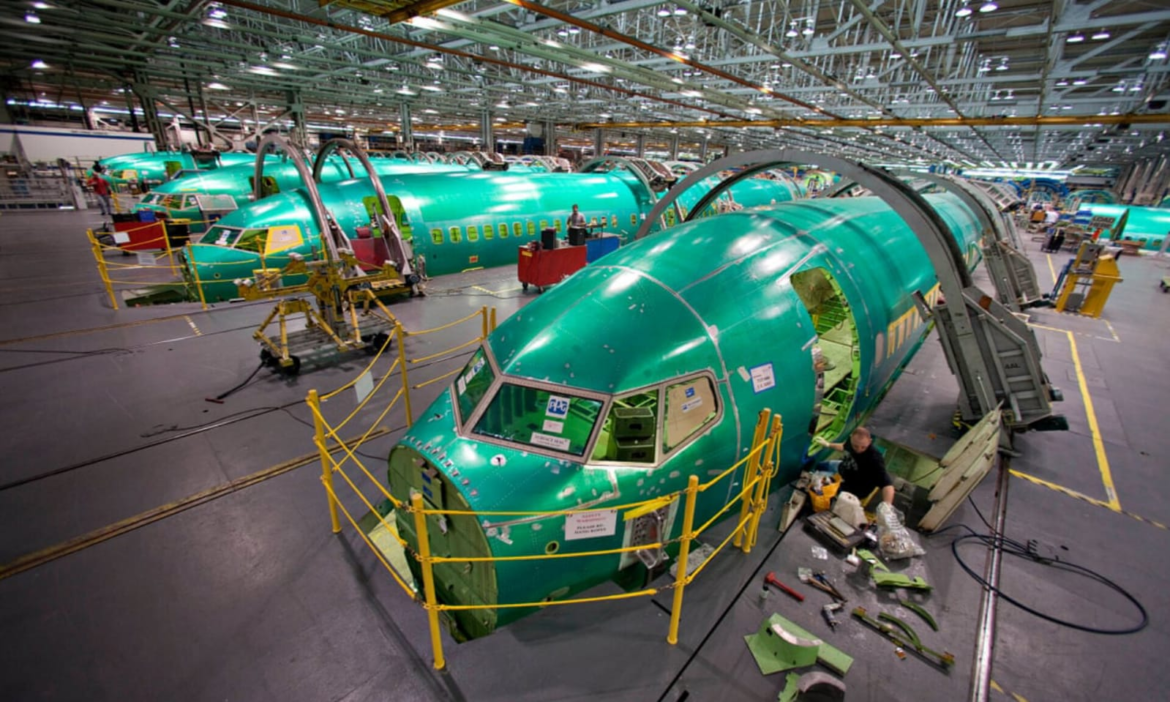The future of a longstanding Boeing factory in Belfast has been cast into uncertainty following the company’s acquisition, leaving employees and stakeholders in a state of limbo. The factory, historically operated by Bombardier, has been a cornerstone of Northern Ireland’s aerospace industry for decades, employing thousands and contributing significantly to the local economy.
Boeing’s recent acquisition of Bombardier’s aerospace division has raised concerns about the future of operations at the Belfast facility. Employees and union representatives have expressed apprehension over potential job losses and the fate of the factory’s manufacturing capabilities, which include producing wings for Bombardier’s C Series aircraft.
The Belfast factory has been renowned for its skilled workforce and technological expertise, playing a pivotal role in the global aerospace supply chain. However, the uncertainty surrounding Boeing’s plans for the site has left employees and the broader community anxious about the future.
Local political leaders and industry experts have called for clarity from Boeing regarding its intentions for the Belfast factory. They emphasize the factory’s strategic importance to Northern Ireland’s economy and the need to safeguard skilled jobs in the aerospace sector, which is vital for the region’s prosperity.
The acquisition comes amid broader challenges facing the aerospace industry, including fluctuations in demand, supply chain disruptions, and evolving market dynamics. These factors have further heightened concerns about the Belfast factory’s viability under Boeing’s ownership.
Boeing has acknowledged the importance of the Belfast site but has yet to outline specific plans for its future. The company’s decision-making process will likely impact not only the factory’s workforce but also its suppliers and the wider aerospace community in Northern Ireland.
As discussions continue between Boeing, stakeholders, and government representatives, there is hope for a resolution that preserves jobs and sustains the Belfast factory’s role in the global aerospace industry. The outcome will be closely watched by employees, unions, local communities, and the broader aerospace sector, as they navigate through this period of uncertainty and change.
In conclusion, the future of the Belfast factory under Boeing’s ownership remains uncertain, with stakeholders eagerly awaiting clarity on the company’s plans. The factory’s fate will not only affect its workforce and the local economy but also reflect broader trends and challenges within the global aerospace manufacturing sector.

